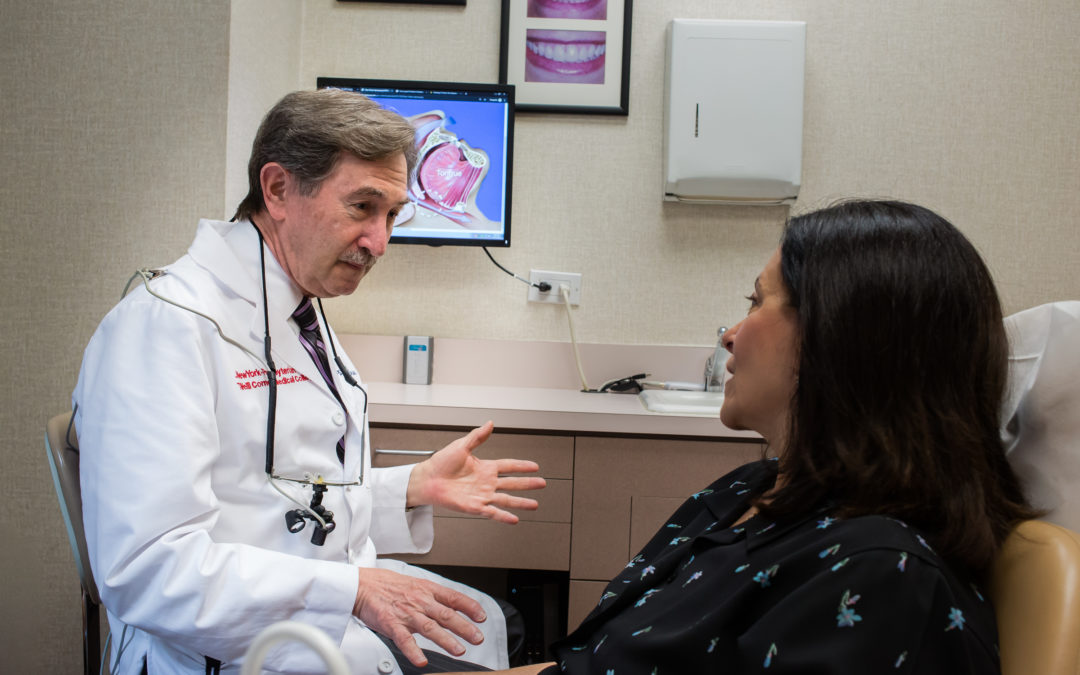Experiencing Tooth Wear and Insomnia? It Could Be Sleep Apnea
Do you wake up in the morning feeling tired, with sensitive teeth and tight or sore jaw muscles?
These may be indications of nighttime teeth clenching or grinding, otherwise known as bruxism. The condition can cause headaches, tooth wear, and further dental damage. It may also indicate an underlying problem: disruptions in your sleep patterns due to obstructive sleep apnea (OSA).
What Are Some Other Signs That Point to Sleep Apnea?
Nearly one out of every four people suffering from OSA also grind their teeth while snoozing. While it’s true that bruxism can precede a sleep apnea diagnosis, it is not by any means the only early sign of a sleep-related breathing disorder.
Chronic snoring is a very common symptom of OSA, as well as related oral health issues like a dry mouth or a sore throat in the morning. Daytime drowsiness often accompanies these indicators. At times, a person with sleep apnea may wake up gasping for air.
Physical features like a small jaw or a large and scallop-edged tongue may also contribute to trouble sleeping due to sleep-disordered breathing.
What Are the Health Consequences of Sleep-Related Breathing Disorders?
Obstructive sleep apnea is often characterized by repeated, interrupted nighttime breathing.
Interruptions cut off oxygen supply momentarily and can last from a split second to considerably longer. This can happen multiple times – more than 30 instances per hour in severe cases – when the body is going through a sleep cycle.
How does this nightly occurrence affect physical health? With an OSA diagnosis comes an elevated risk of diabetes, heart disease, high blood pressure, and stroke.
Should You Talk to Your Dentist About Sleep Apnea?
Yes. If you are experiencing tooth wear due to bruxism, as well as sleep disturbances, call your dentist.
It is imperative to do a full evaluation of your oral health. Dentists like Dr. Sorin are often the first to detect the beginnings of sleep-related breathing disorders in patients.
Oral health professionals can be instrumental in OSA screening. However, only a medical doctor will be able to diagnose sleep apnea.
Once there is a medical diagnosis, a dentist can help manage and dispense patient-centered care for the sleep disorder. Of course, a dentist will also help you deal with problems that arise from teeth grinding: tooth wear and breakage, gum inflammation and recession, and more dental caries. For example, at the practice of Dr. Sorin, we offer options for sleep apnea treatment in Midtown Manhattan, NY.
Worried About the Dangers of Untreated Bruxism and Other Sleep Apnea Symptoms?
We can help. Robert Sorin, DMD PC, prides himself on being a patient-centered, relationship-based dental practitioner. If you are concerned about the dangers of sleep-related breathing disorders or the effects of bruxism, contact the office today.
Schedule an appointment online or call our office at 212-355-3533.

